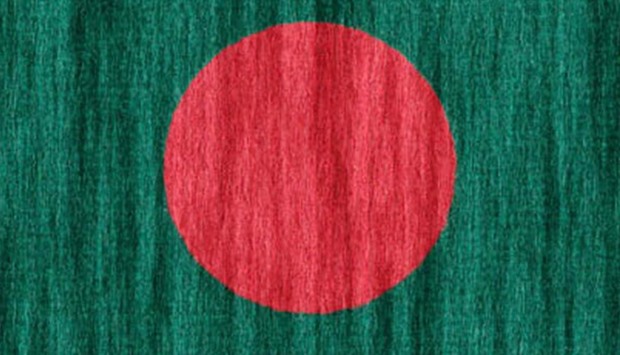About 7mn people sought justice through local arbitrations in last seven years under the Activating Village Courts in Bangladesh (AVCB) project.
This was disclosed at a meeting in Dhaka on the achievements of the project that
commenced in 2009.
Abdul Malek, secretary, local government and rural development division, said the success of the AVCB project in the last seven years provided access to justice to over 7mn people mainly in rural areas.
“The Bangladesh government aims to bring public services at people’s doorsteps. The Village Courts project is one of the services that can improve lives, bringing peace and harmony in the rural areas of the country,” he added.
Mario Ronconi, head of Cooperation of the European Union Delegation to Bangladesh, said, “The EU continues its commitment to strengthen social justice and to ensure that more people throughout Bangladesh, especially the rural poor women and children, can have access to justice and have the possibility to find a solution to their disputes and conflicts at community level.”
Sudipto Mukerjee, UNDP Bangladesh country director, said the Bangladesh government shows a high-level of commitment to improve access to justice for all people, and in partnership with the European Union and UNDP, this will be possible to achieve.
He said the new scaled-up phase of the Village Courts project will bring improved access to legal services to over 21mn mainly people living in poverty and rural areas in 1,080 unions in 128 sub-districts under 27 districts in all eight divisions, including the Chittagong Hill Tracts area.
The meeting also informed that so far 4,914 Union Parishad representatives and officials and 3,529 village police members have been trained to support Village Courts.
In the first six years of the project, 69,200 disputes have been successfully resolved out of 87,200 reported to the Village Courts, and over 6,000 cases have been referred to Village Courts by the District Courts.
Most importantly, each case had been resolved in average within 28 days, what used to take more than 2-3 years for petty cases of both civil and criminal nature.
Also, 293mn taka ($3.79mn) have been recovered as compensation that is being determined by the village courts
panel to resolve the disputes.
According to the Supreme Court sources, a whopping 1,051 cases are being added every day to the existing backlog, already in millions, due to a shortage of judges in the country.
At this rate, around 384,000 new cases will pile up in a year, according to estimates provided in a Supreme Court study, in addition to the 3.1mn pending ones.
This means it will take at least 945 days or over 2.5 years to dispose of all these pending cases even if no new case is filed from this very day and the disposal rate continues in the current pace.
“Shortage of judges is the main reason behind the ever increasing backlog of cases,” observed Law Commission
chairman Khairul Haque.
“At least 4,000 judges are required for tackling the current backlog in our country. But we have only around 1,600 posts for judges and some 400 of them are now vacant. This is very alarming,” said the former chief justice, claiming Bangladesh has the highest rate of case disposal in the world.
“There’s one judge for every 10,000 people in the USA and for 67,000 in India. But in Bangladesh, we have only one judge for more than 100,000 people.”

BANGLA
